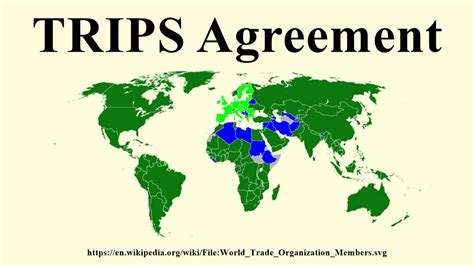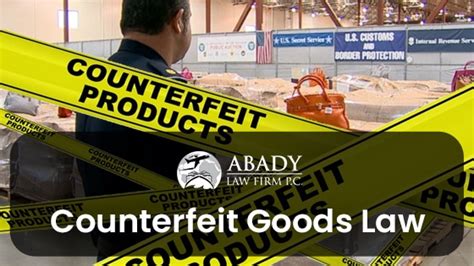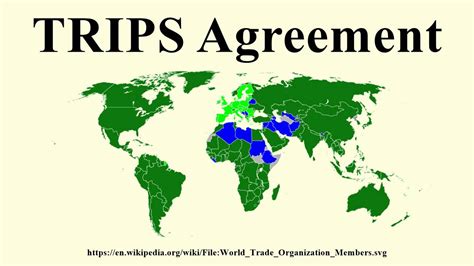What Laws Exist to Combat Counterfeit Products? A Comprehensive Guide
What are the primary international laws that target counterfeit products?
International laws play a significant role in the fight against counterfeit products. As counterfeiting often involves cross-border trade, international treaties and agreements are essential to enable cooperation among countries. Some of the key international laws are:
- TRIPS Agreement (Trade-Related Aspects of Intellectual Property Rights) – a comprehensive, globally accepted agreement that sets minimum standards for intellectual property protection across member countries.
- Madrid Protocol – facilitates international trademark registration, protecting brand names across multiple countries with a single application.
- Paris Convention for the Protection of Industrial Property – provides a framework for protection of industrial property rights, which includes trademarks.
These laws not only set standards but also promote legal cooperation among member countries. While enforcement differs by jurisdiction, adherence to these agreements signifies a commitment to fighting counterfeiting on an international level.

To enhance global enforcement, agencies like Interpol and the World Customs Organization (WCO) collaborate with local authorities, targeting counterfeit goods at points of entry and exit.
How does the U.S. combat counterfeit goods with federal laws?
In the United States, multiple federal laws target counterfeit products. These laws focus on intellectual property protection, criminalizing the production, distribution, and sale of fake goods. Key U.S. federal laws include:
- Lanham Act – the primary federal law protecting trademarks. It allows for civil action against those infringing upon trademarks, providing the basis for most U.S. counterfeiting lawsuits.
- Stop Counterfeiting in Manufactured Goods Act (SCMGA) – criminalizes the trafficking of counterfeit goods and labels, even penalizing possession of counterfeit goods.
- Trademark Counterfeiting Act of 1984 – targets criminal offenses related to counterfeiting and mandates penalties for violators.
Beyond federal laws, agencies like the U.S. Customs and Border Protection (CBP) and Immigration and Customs Enforcement (ICE) actively intercept counterfeit products. U.S. law enforcement agencies also collaborate with brand owners, enhancing trademark protection in various industries.

Summary Table
| Aspect | Details |
|---|---|
| International Agreements | TRIPS, Madrid Protocol, Paris Convention |
| U.S. Federal Laws | Lanham Act, SCMGA, Trademark Counterfeiting Act |
| Enforcement Agencies | CBP, ICE, WCO, Interpol |
Frequently Asked Questions
What penalties exist for counterfeiting under international law?
International penalties for counterfeiting include fines, imprisonment, and asset seizures, though enforcement depends on local jurisdictions.
How do customs agencies handle counterfeit goods?
Customs agencies inspect imports and exports, seizing counterfeit goods and coordinating with local enforcement agencies to penalize violators.
What is the role of brand owners in fighting counterfeit goods?
Brand owners play a crucial role by monitoring for fake goods, working with law enforcement, and pursuing civil actions against counterfeiters.
What role does the World Trade Organization (WTO) play in anti-counterfeiting?
The WTO helps enforce TRIPS agreements among member countries, ensuring global standards for intellectual property protections.
What can consumers do to avoid counterfeit products?
Consumers can avoid counterfeit products by purchasing from reputable retailers and verifying product authenticity through authorized channels.
Are there specific anti-counterfeiting laws in the European Union?
Yes, the EU has laws that protect intellectual property rights, such as the EU Trademark Regulation, that helps combat counterfeiting.
What resources exist for companies to protect their brands internationally?
Companies can register trademarks internationally through the Madrid Protocol and collaborate with anti-counterfeiting agencies for protection.


